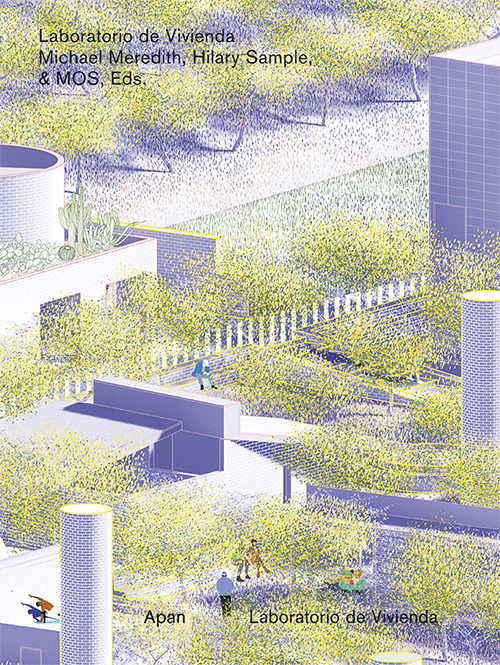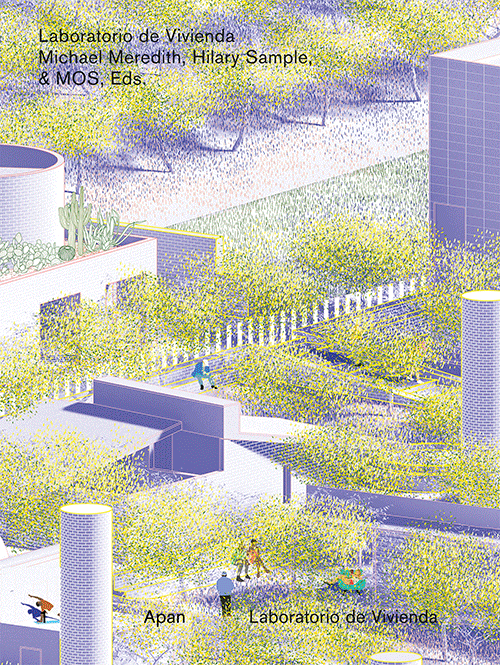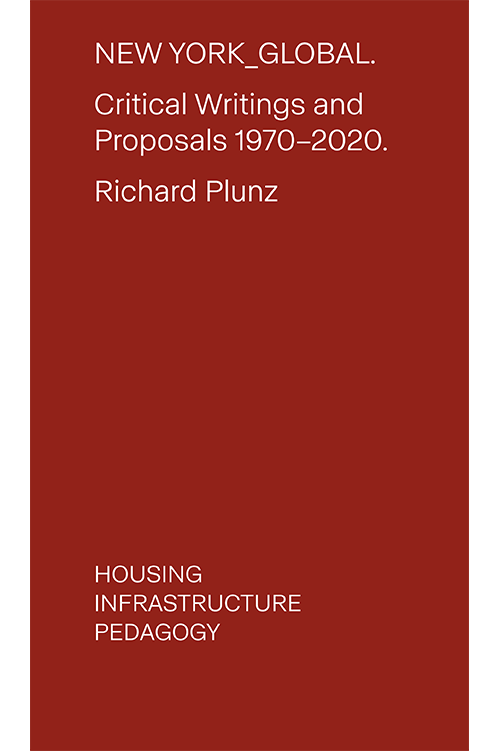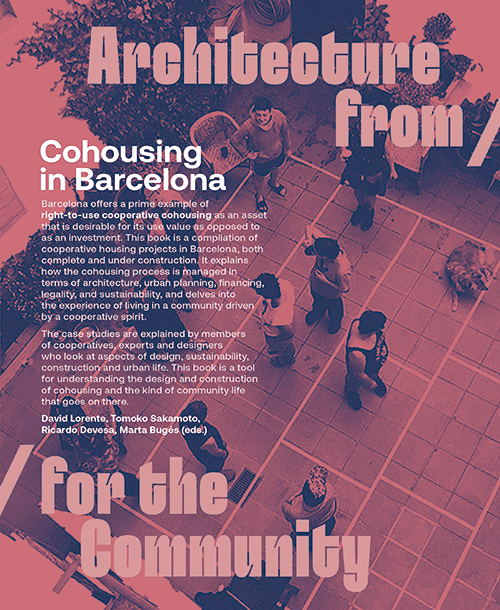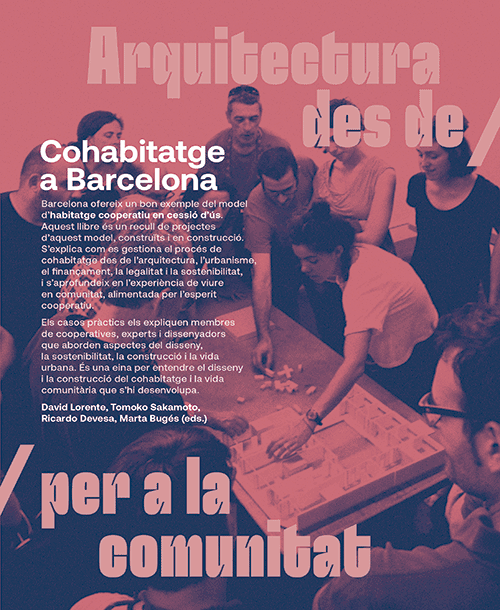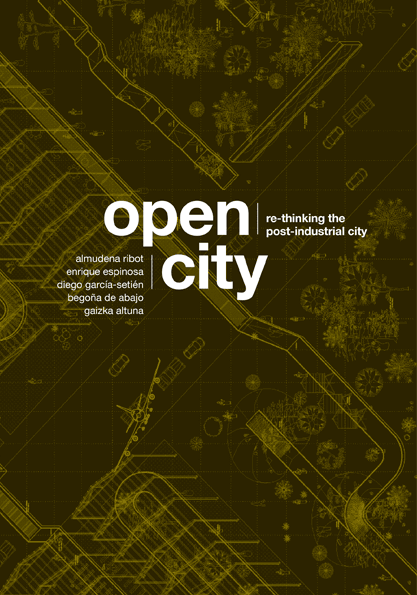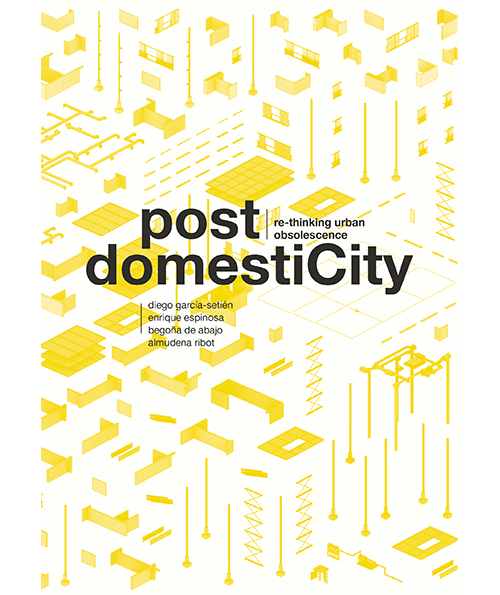
Post DomestiCity
Re-thinking urban obsolescence
Diego García-Setién, Enrique Espinosa, Begoña de Abajo, Almudena Ribot / CoLaboratorio
PostDomestiCity is an inquiry and speculative exercise into the conditions of obsolescence in the post-industrial city, from a contemporary perspective. Working with three paradigmatic cases that were conceived from industrial logics—the Packard plant in Detroit, Lima’s PREVI neighbourhood, and theGrand’Mare complex in Rouen—, we explore alternative ways of reusing, reprogramming, and redensifying the built environment as alternatives to demolition. Relevant voices in the field of architecture share their approaches and visions of the future for the pre-existing city, helping us imagine post-domesticity in the current climate crisis and socio-technological context. PostDomestiCity, along with Open Building 2.0 (CoLab, 2018) and OpenCity (Actar, 2020), forms another trilogy by CoLaboratorio, approaching and understanding architecture as a resilient support with enormous transformative potential over time.
With Contributions of
Anne Lacaton, Marina Otero, Ippolito Pestellini, Duplex Architects, Lacol, Antonio Vázquez de Castro, Carmen Espegel, Luis
29,00€
Buy Ebook 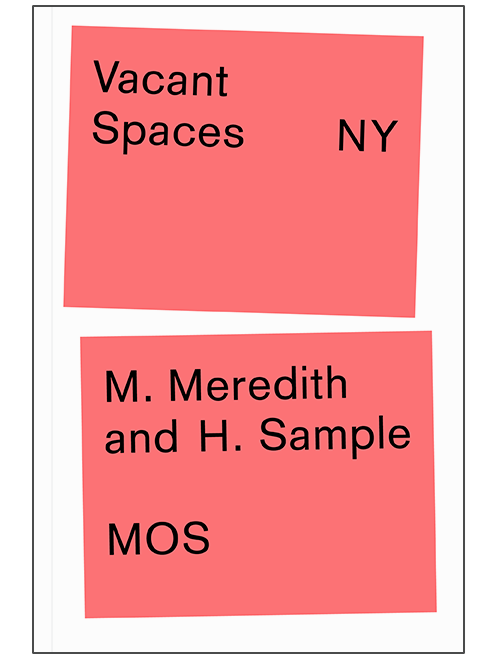
Vacant Spaces NY
Michael Meredith, Hilary Sample, MOS
This project began by walking around our neighborhood noticing empty storefronts. Once we saw them, they were everywhere. They followed us, appearing quietly throughout New York City. Many with no signage, no “for rent,” no “coming soon.” Usually empty, sometimes dusty, sometimes with brown paper covering the glass. Now, vacancy has only increased. In the densest city in the United States. During a housing crisis. Throughout a pandemic. The quantity of vacant spaces is anyone’s best guess. It’s only partially documented. They hide in plain sight.
Vacant Spaces NY is organized from large to small, general to specific. It begins by looking at vacancy within the United States and continues down to each Manhattan neighborhood, where we zoom into specific vacant spaces, where we have provided as case studies that imagine some possibilities for transforming current vacant spaces into housing or social services. There is also a
50,00€
Buy Ebook 
